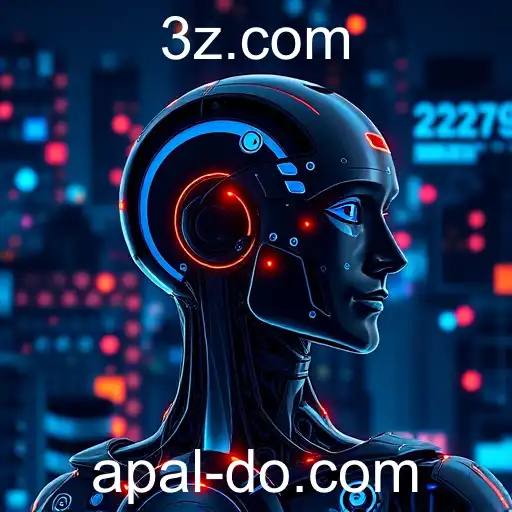
Exploring the impact of AI advancements on workforce practices and global economies in 2025.
In recent years, the transformative power of Artificial Intelligence (AI) has become a major focus for businesses and economies around the world. By 2025, AI is not only playing an integral role in driving technological advancement but also reshaping the workforce and the future of work itself.
The rise of AI technologies has brought about significant changes in how companies operate. Automated systems and intelligent algorithms are replacing routine and repetitive tasks, allowing human workers to focus on more complex decision-making and creative processes. This shift is fostering a new wave of digital literacy, where AI competency becomes a fundamental skill for career growth.
According to industry reports, AI is expected to contribute an additional $15 trillion to the global economy by the end of the decade. Businesses are rapidly adopting AI to increase efficiency, reduce operational costs, and enhance customer experience. As a result, there's an emerging demand for professionals who are skilled in AI and machine learning technologies.
However, the integration of AI is not without its challenges. Critics argue that massive job displacement could occur as AI continues to evolve, potentially widening the economic divide. This concern is prompting policymakers to explore reskilling programs and AI ethics, ensuring a balanced approach towards technological integration.
In the workplace, AI is transforming traditional job roles and creating new opportunities in sectors such as healthcare, finance, and manufacturing. Advanced AI systems in healthcare, for instance, enable precise diagnostics and personalized patient care, while financial institutions leverage AI for fraud detection and personalized banking experiences.
Moreover, the global perspective on AI is rapidly changing, with countries like the United States, China, and members of the European Union investing heavily in AI research and development. These investments aim to maintain a competitive edge in the global market and set the stage for international AI governance and collaboration.
As AI continues to evolve, the emphasis on ethical AI use becomes paramount. Experts and thought leaders are advocating for transparent AI practices to ensure AI systems are built and used responsibly. The international community is beginning to draft guidelines that address AI biases, ensuring fair and equitable treatment of all individuals.
Looking ahead, the relationship between AI and the workforce will be characterized by collaboration rather than competition. Leaders must foster an inclusive environment where innovation thrives, preparing a future-ready workforce equipped with the necessary skills to harness AI effectively.




